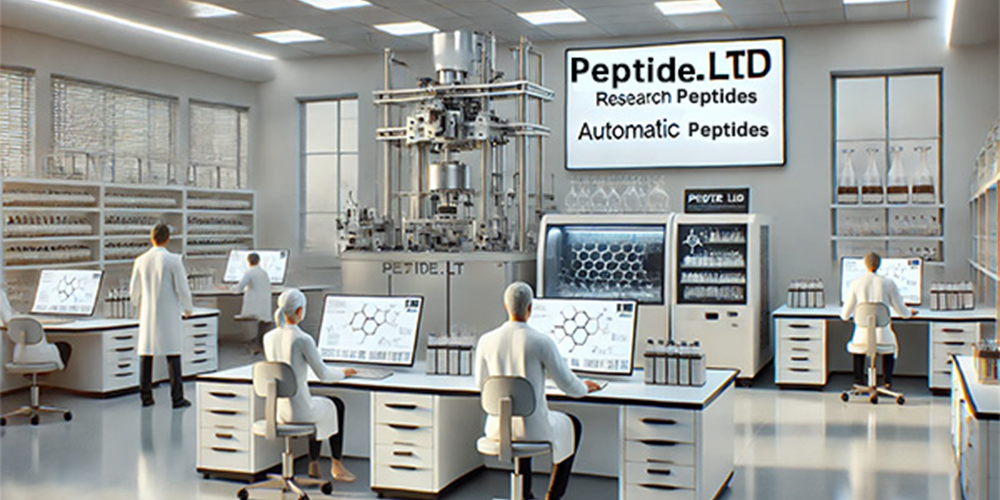Peptides are short chains of amino acids and an essential component in drug discovery. With a high demand for peptide drugs in the drug market, especially with cancer, diabetes, and hormone therapies, quality control in peptide synthesis is not optional. Quality control ensures that the biologically active substances are safe and effective. This paper reviews how quality control in the production of peptides assures safety, effectiveness, uniformity, and compliance to regulatory standards.
Quality control
Quality control in the production of peptides by the best peptide manufacturing companies is essential, both in terms of safety and effectiveness of the product. Such medications, as with any other drug, may indeed have major side effects if not properly made. The assaying of endotoxins, which can induce dramatic patient responses, plays a critical role during the process of quality control. Purification of peptides must meet potency and biological activity criteria to pass quality control. Such testing within this industry is rather critical, because minor differences in peptide drug composition could easily sway their therapeutic approach. Quality control measures minimize risks and ensure patient safety with manufacturers. Also you need to know that peptide.ltd is a GMP manufacturer.
Batch-to-Batch Consistency
In peptide production quality control, it also considers the consistency of peptides obtained batch after batch. Because there can be variability in the process of manufacturing, chemical structures obtained may differ, hence giving variations in the therapeutic efficacy of the drug. Strict quality control criteria and SOPs have to be followed when synthesizing peptides by manufacturers so that the production of peptides can be ensured uniformly. Synthesis, purification, and characterization parameters in this regard define the SOPs. Consistency is ensured through regular calibrations of equipment and validated procedures. Standardized manufacturing practices ensure continued therapeutic efficacy, confidence among healthcare providers and patients when these drugs are used, and regulatory compliance.
Advanced Technologies Role
Quality control impacts have been felt in the new ways to produce peptides. Critical analysis for purity and structural integrity of the peptide is through HPLC, MS, and NMR spectroscopy. Lab automation has ensured quality control becomes precise and very efficient. Production through digital technology and data analytics, hereby feeding into the system enables the manufacturers to visualize problems and adapt in real time. These technologies support proper documentation in case regulatory audits and quality assurance. The innovations might enable peptide manufacturers to streamline their quality control process and further improve patient outcome. Quality control by the peptide manufacturing companies is one of the most important economic consequences that peptide manufacturers face. Quality will increase patient satisfaction and clinical performance.



